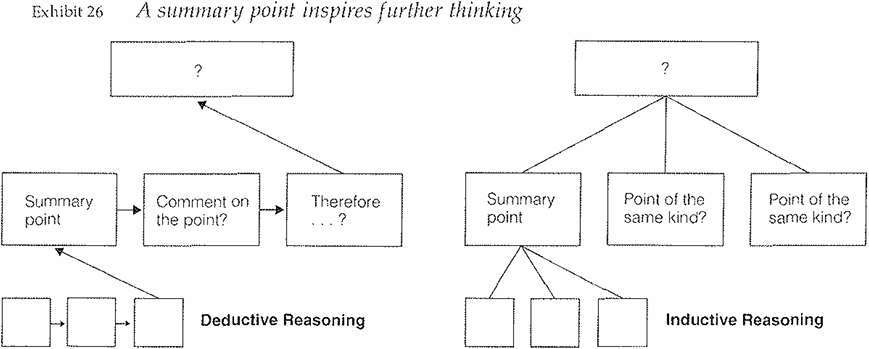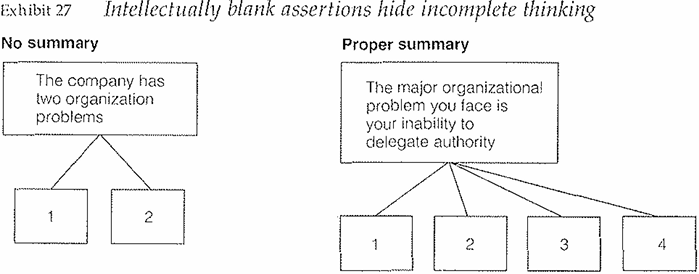

Grammar


Tenses


Present

Present Simple

Present Continuous

Present Perfect

Present Perfect Continuous


Past

Past Simple

Past Continuous

Past Perfect

Past Perfect Continuous


Future

Future Simple

Future Continuous

Future Perfect

Future Perfect Continuous


Parts Of Speech


Nouns

Countable and uncountable nouns

Verbal nouns

Singular and Plural nouns

Proper nouns

Nouns gender

Nouns definition

Concrete nouns

Abstract nouns

Common nouns

Collective nouns

Definition Of Nouns

Animate and Inanimate nouns

Nouns


Verbs

Stative and dynamic verbs

Finite and nonfinite verbs

To be verbs

Transitive and intransitive verbs

Auxiliary verbs

Modal verbs

Regular and irregular verbs

Action verbs

Verbs


Adverbs

Relative adverbs

Interrogative adverbs

Adverbs of time

Adverbs of place

Adverbs of reason

Adverbs of quantity

Adverbs of manner

Adverbs of frequency

Adverbs of affirmation

Adverbs


Adjectives

Quantitative adjective

Proper adjective

Possessive adjective

Numeral adjective

Interrogative adjective

Distributive adjective

Descriptive adjective

Demonstrative adjective


Pronouns

Subject pronoun

Relative pronoun

Reflexive pronoun

Reciprocal pronoun

Possessive pronoun

Personal pronoun

Interrogative pronoun

Indefinite pronoun

Emphatic pronoun

Distributive pronoun

Demonstrative pronoun

Pronouns


Pre Position


Preposition by function

Time preposition

Reason preposition

Possession preposition

Place preposition

Phrases preposition

Origin preposition

Measure preposition

Direction preposition

Contrast preposition

Agent preposition


Preposition by construction

Simple preposition

Phrase preposition

Double preposition

Compound preposition

prepositions


Conjunctions

Subordinating conjunction

Correlative conjunction

Coordinating conjunction

Conjunctive adverbs

conjunctions


Interjections

Express calling interjection

Phrases

Sentences


Grammar Rules

Passive and Active

Preference

Requests and offers

wishes

Be used to

Some and any

Could have done

Describing people

Giving advices

Possession

Comparative and superlative

Giving Reason

Making Suggestions

Apologizing

Forming questions

Since and for

Directions

Obligation

Adverbials

invitation

Articles

Imaginary condition

Zero conditional

First conditional

Second conditional

Third conditional

Reported speech

Demonstratives

Determiners


Linguistics

Phonetics

Phonology

Linguistics fields

Syntax

Morphology

Semantics

pragmatics

History

Writing

Grammar

Phonetics and Phonology

Semiotics


Reading Comprehension

Elementary

Intermediate

Advanced


Teaching Methods

Teaching Strategies

Assessment
AVOID INTELLECTUALLY BLANK ASSERTIONS
المؤلف:
BARBARA MINTO
المصدر:
THE MINTO PYRAMID PRINCIPLE
الجزء والصفحة:
95-7
2024-09-14
1000
AVOID INTELLECTUALLY BLANK ASSERTIONS
Intellectually blank assertions are deadly for the reader because they do not anchor his mind, they are not stimulating to read, and they present the very real danger that he will not in fact grasp what you are trying to say. To illustrate, here is an exchange I heard on the radio several years ago:
First Speaker
John Wain says he believes he is well placed to write
this biography of Samuel Johnson for three reasons:
The same poor Staffordshire background
The same education at Oxford
The same literary preferences.
Second Speaker
I don't agree. There are no real truths in Staffordshire.
Then everybody laughed and the speakers went on to talk about something else. I thought, "I don't believe I heard that." Because look what happened. There you sit, waiting for an idea to be communicated, but instead you get an intellectually blank assertion ("for three reasons"). No idea yet. When you hear, "The same poor Staffordshire background ...," you assume it is the speaker's main point, and you barely listen to the other two points. So that if you were to reply, you'd reply to the point that you heard.
If instead the first speaker had said something like…
John Wain says he is well placed to write this biography of Samuel Johnson
because he and Johnson are essentially the same kind of people .
. . . then while you would have had to listen to the supporting points, you would have replied to the point that you heard. Instead, you have people absolutely talking past each other.
I have just illustrated what I mean by a summary point. You can see that your mind is marginally more ready to take in the information that follows if you hear "He did it because they are the same kind of people" than if you hear "He did it for three reasons." The second point sounds dead, it in fact is dead, and a document studded with such intellectually blank assertions is unbelievably boring to read.
But there is an even more important reason for avoiding intellectually blank assertions, and that is that they cover up incomplete thinking, and thus cheat you out of a wonderful opportunity to move your thinking forward in an orderly and creative way. One of the major values of formally summarizing a grouping is that it inevitably stimulates further thinking. Because once you have derived an insight, you are free intellectually to carry it forward in one of two ways:
By commenting further on it (deduction)
By finding others like it (induction)
But you must have a true summary statement derived from a proper grouping before the process can yield new insights (Exhibit 26).

To illustrate, I once worked with someone who wrote, "The company has two organization problems," and then listed the two problems. The statement is intellectually blank, so he knew it had to be rewritten. And that would be easy to do provided the ideas grouped below were (a) both organization problems and (b) had a logical order. We could not find a logical order.
When pressed to state where the ideas came from and how they were alike, he discovered that in fact he wasn't talking generally about "organization problems." He was talking specifically about "areas of the organization where greater delegation is needed." Once he saw that, he realized that there were not two of these so-called problem areas, but four, only one of which he had properly identified. He was then able to realize the insight that the major organization problem the company faced was its inability to delegate authority (Exhibit 27). Now, having clearly identified the problem, he was free to focus his thinking on finding a solution to it.

For these reasons it is important that you make the effort to derive proper summary statements from your groupings. What does that mean you should do? First, as it was shown, you have to check the origin of the grouping to make sure it is MECE (i.e., that its order reflects a valid process, structure, or classification). Then you need to look at the kind of statement you are making.
Regardless of the origin of the idea, its expression will be either as an action statement, telling the reader to do something, or as a situation statement, telling the reader about something.
- Summarize the action ideas by stating the effect of carrying out the actions
- Summarize the situation ideas by stating what their being similar implies.
As Exhibit 28 illustrates, summarizing inductive groupings means either stating the effect of actions or drawing an insight from conclusions.

 الاكثر قراءة في Writing
الاكثر قراءة في Writing
 اخر الاخبار
اخر الاخبار
اخبار العتبة العباسية المقدسة

الآخبار الصحية















 قسم الشؤون الفكرية يصدر كتاباً يوثق تاريخ السدانة في العتبة العباسية المقدسة
قسم الشؤون الفكرية يصدر كتاباً يوثق تاريخ السدانة في العتبة العباسية المقدسة "المهمة".. إصدار قصصي يوثّق القصص الفائزة في مسابقة فتوى الدفاع المقدسة للقصة القصيرة
"المهمة".. إصدار قصصي يوثّق القصص الفائزة في مسابقة فتوى الدفاع المقدسة للقصة القصيرة (نوافذ).. إصدار أدبي يوثق القصص الفائزة في مسابقة الإمام العسكري (عليه السلام)
(نوافذ).. إصدار أدبي يوثق القصص الفائزة في مسابقة الإمام العسكري (عليه السلام)


















